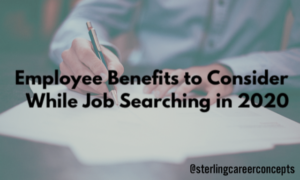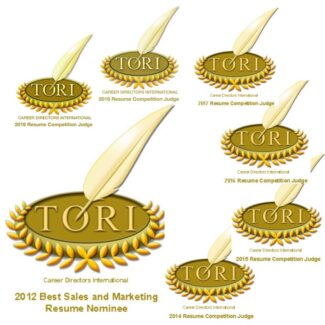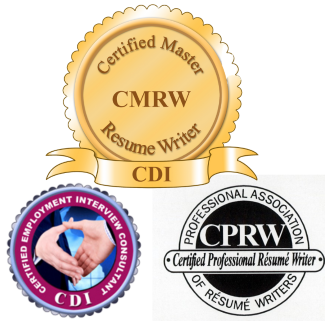 So you’re ready to start your job search. When sifting through job postings, you’ve got to ask yourself: What sets each position apart from the next? How can I figure out the right place for me? We all know benefits can impact your decision to apply to certain places, but what benefits are most important? Let’s take a look at some of the things people look for most when searching for a job:
So you’re ready to start your job search. When sifting through job postings, you’ve got to ask yourself: What sets each position apart from the next? How can I figure out the right place for me? We all know benefits can impact your decision to apply to certain places, but what benefits are most important? Let’s take a look at some of the things people look for most when searching for a job:
Health Benefits
Health insurance is generally a must for job seekers; this is nothing new. But if you are on a partner’s insurance plan, then health insurance may not be the biggest blip on your radar. So what other health benefits could pique your interest? Wellness incentives are becoming a larger part of the benefits and perks conversation as they provide employees access to many different avenues to maintain health. Some employers may offer you membership to a gym, whether that be in their building or a local fitness center while others might provide you with access to an educational and sustainable weight loss program. Giving employees the ability to work on their wellness at their own speed and on their own time encourages them to really invest in the process and make smart and informed decisions about their health.
Flextime and Remote Work
Many employers and employees are now seeing the benefits behind flextime and remote work opportunities; it gives their employees freedom and allows them to have a work-life balance. As a dedicated worker, you shouldn’t have to use up your paid time off (PTO) for going to doctor’s appointments or sitting around waiting for the cable guy to show up (you’ve got to love that vague, four-hour time frame). Having the ability to flex your time or work remotely allows you to make it to your appointments, keep an eye on your sick kids, train your new pup, or do whatever you have to do while being able to continue your work at home.
Paid Time Off (PTO) and Paid Family Leave
These are both highly sought-after forms of paid leave. Naturally, PTO is a significant benefit most job seekers are paying attention to; they want to make sure they are getting enough time each year and are accruing it at a reasonable rate. People also examine paid family leave policies with potential employers. This type of leave could be for parents of new children, babies or adopted, or even for caring for family recovering from surgeries and illness. The broadness of this policy’s scope allows employees to feel comforted in the fact that they will be covered for extended periods of time while taking care of what matters most—their families.
Employee Assistance Program (EAP)
Many employers are now introducing or making special note of employee assistance programs (EAPs). This counseling benefit provides employees access to numerous resources such as mental health counseling, financial counseling, and legal advice. As a job seeker, this could be a benefit that sets an employer apart from the rest; it’s a glimpse into how the company treats its employees.
Work Environment
Positive office culture is a big bonus when searching for a new employer. When you find companies that are given the Great Place to Work certification, you know they treat their employees with care and respect. You can also tell a lot about a company by how they present themselves online. Explore the company’s social media; Do they post about staff appreciation or highlight successes? Do they do any work within their community with local charities or volunteer efforts? A positive workspace can make for great work experiences.
Conclusion
The journey towards a new job can seem overwhelming, but you can make it manageable by asking yourself some questions: What benefits do you want, what benefits do you need? Find the areas you are willing to compromise and the ones you know you can’t. Exploring these questions can guide you in finding your ideal employer.


On average, workers received 10 paid vacation days after one year of service. This average increases with tenure – that is, the longer the employee stays with their employer. Employees who have worked five years or more receive 15 paid vacation days. This increased to 20 days after 20 years.
Thank you so much for sharing this. Additionally, focusing on in-demand industries and companies such as healthcare, telecommuting software, shipping and delivery services, tech support, warehousing and logistics, and food supply chain are great ways to increase ones chance of finding a job.